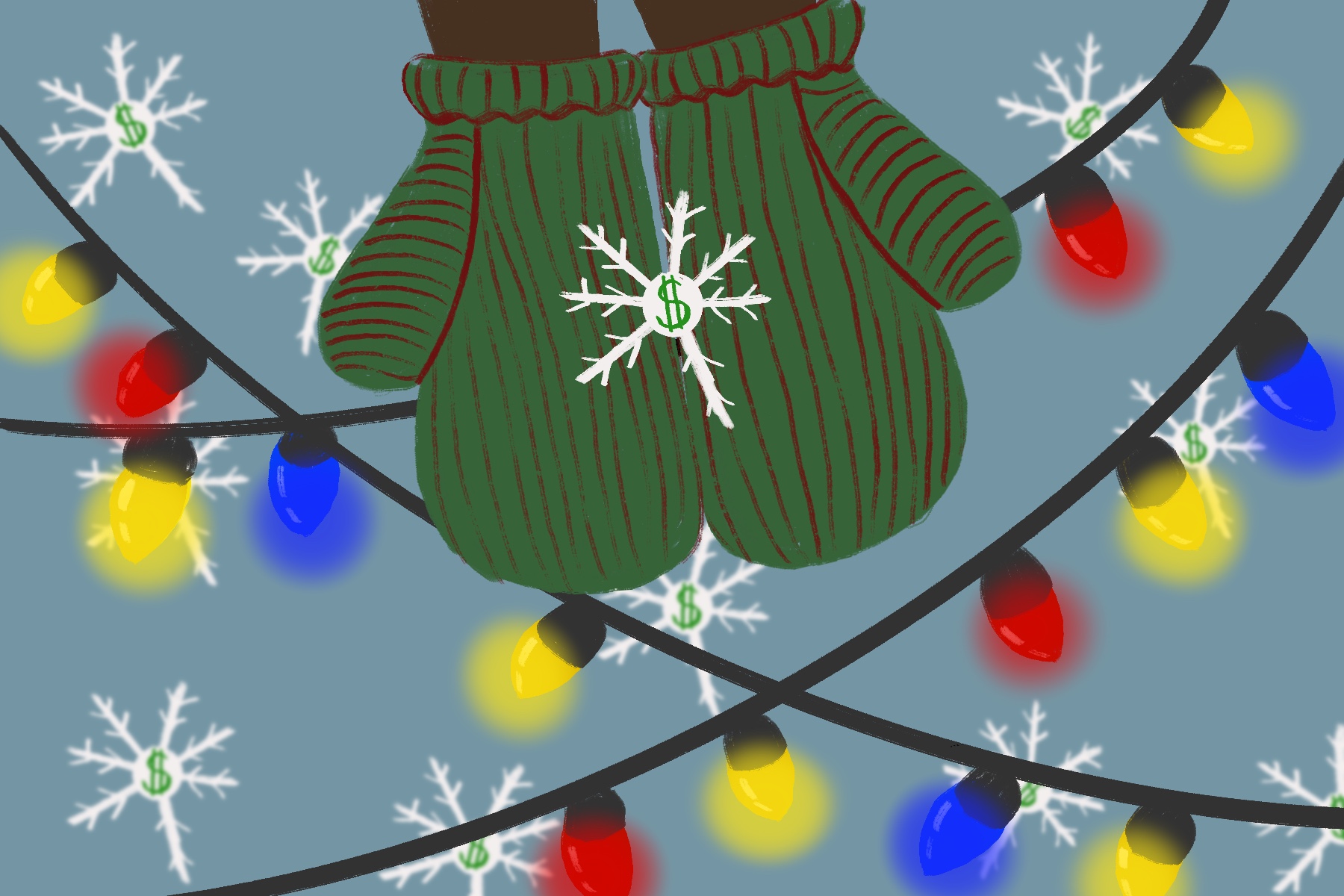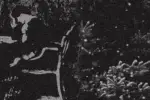Over the years, Christmas has evolved from a religious celebration into a glorified season for capitalism. Companies take advantage of the season of giving by turning a profit off anything they can. The question is how did we get to this point? How did we end up with Christmas festivities that start earlier and earlier each year, steamrolling past any other holidays in its path?
In order to get a comprehensive understanding of this evolution, it’s important to first look at the history of Christmas. In the early 19th century, Christmas held different meanings to different people. Obviously, there were devout Christians viewing this as a time to honor the birth of Jesus. Others celebrated with music, feasts, and dancing. Many immigrants brought their own traditions with them, as well. It wasn’t until the middle of the 1800s when these celebrations became intertwined.
Christian Americans began taking after European traditions of gift giving and putting up Christmas trees, as those were seen as a sign of new beginnings. Businesses started catching on with the increase of these practices, and as popularity grew, it led to President Ulysses S. Grant announcing Christmas as a national holiday in 1870. Soon after this official declaration came the emergence of classic Christmas carols that we see today and the presentation of Santa Claus based on the story of Saint Nicholas. From there on out, we see the growing participation within the holiday combined with the modernization of specific traditions, leading us to the Christmas we know today.
Now that we have a glimpse of the general history, we can start to dissect past milestones to discover where the switch from the celebration to the exploitation of the holiday began. Although there has been an exponential increase in Christmas capitalism throughout recent years, the trend of commercialism started back in the 1800s. Dating around the 1840s, candy stores or retail shops would call themselves “Santa’s Headquarters.” Moving forward a few decades to 1874, the world of window displays emerged, and it only escalated from there. The company Lord & Taylor in New York came up with the innovative idea to create “elevator windows,” allowing the entire space to sink to the basement where it would be decorated and dressed in dazzling Christmas embellishments.
Countless companies indulge in the over-glorification of the holiday season, but it’s thought that the oldest department store to first introduce the idea of dedicating entire window displays to a Christmas theme was Macy’s.
The company has iconic window displays in major cities including San Francisco, Chicago and New York, all of which present elaborate and intricate scenes. The windows are filled with festive lights, jaw-dropping ornaments, and electrifying animatronics. The department store doesn’t just stop with outside decorations. Inside, you can find an entire Santaland and Dickens Village, giving customers an immersive experience in a beautifully designed scene.
As exciting as these displays are, they are set up as early as November 4th in the Chicago location. Children are still crashing from the sugar high from their Halloween candy when they are placed on Santa’s lap. This year, we saw Mariah Carey being defrosted by iconic Halloween villains at the stroke of midnight on November 1st. We jump from one holiday to the next in a whiplash-like fashion, being ushered by the capitalist drives of companies or profiteers.
Drawing customers in through extravagant decorations in window displays is hardly the only tactic used by companies to profit off the holiday. Events such as Black Friday or Cyber Monday tempt consumers with mouth-watering deals, slashing prices on thousands of products. These nationwide sales kick off the holiday shopping season. Stores invite customers to take advantage of these hot deals for their seemingly never-ending Christmas shopping.
The most ironic part about these deal events is the timing. Black Friday takes place on the Friday after Thanksgiving, and Cyber Monday is on the following Monday. Nothing says celebrating the season to be grateful better than lining up in front of stores in the dead of night before the turkey sitting in your stomach from Thanksgiving dinner has had time to digest, right?
The premise behind these deals days sends people into a frenzy. The driving need to get your hands on the last T.V. before the person next to you turns what is supposed to be thoughtful holiday shopping into a nightmare. Not only has this caused many devastating events to occur, such as an employee being trampled to death, but it also completely diminishes the holiday’s root values of gratitude and togetherness.
However, as easy as it is to blame companies for the rise of Christmas capitalism, these deals only work because of the consumers. The rise of materialism feeds into the idea that we need to purchase an exorbitant amount of goods simply because it is on sale. There is also the recent pressure to buy expensive gifts for another person. Society has exerted an immense pressure to conform to celebrating holidays based on commercialized traditions. Consumerism goes hand-in-hand with capitalism, and both of them are taking away from the true meaning of the holiday.
There isn’t much that we can do as a society to combat the Christmas capitalism effect except stop giving into it, which is completely unrealistic. There is nothing wrong with wanting to buy a Christmas present for someone you care about. It’s also entirely possible to participate in the holiday shopping and admire the gorgeous retail store display windows while also keeping in mind the true spirit of the season. It’s about balance.
We can reclaim Christmas as a holiday of love, kindness and connection by reevaluating how we engage in holiday traditions. Sometimes, it’s not about buying the most expensive present you can find. As Buddy the Elf says, “The best way to spread Christmas cheer is singing loud for all to hear.”

















